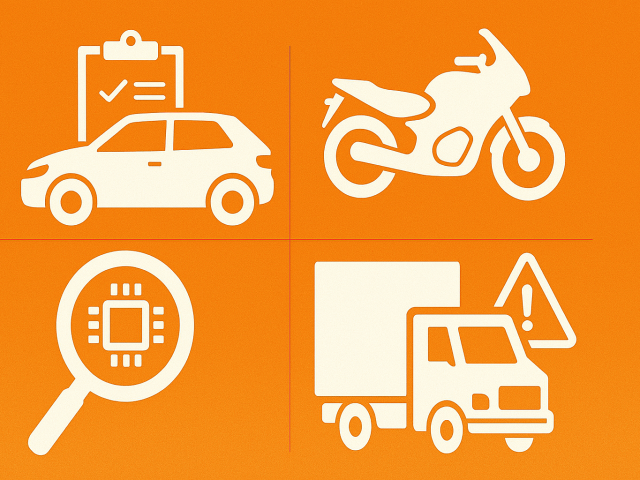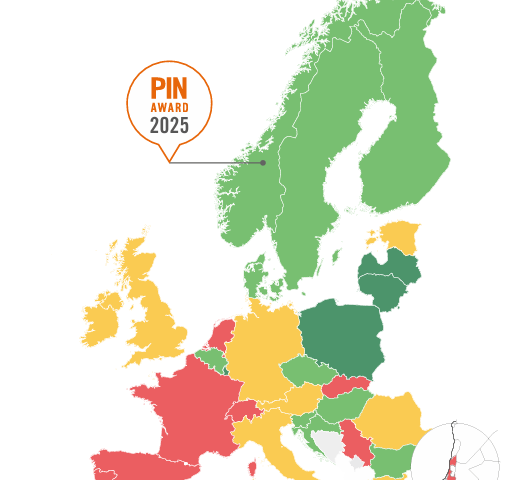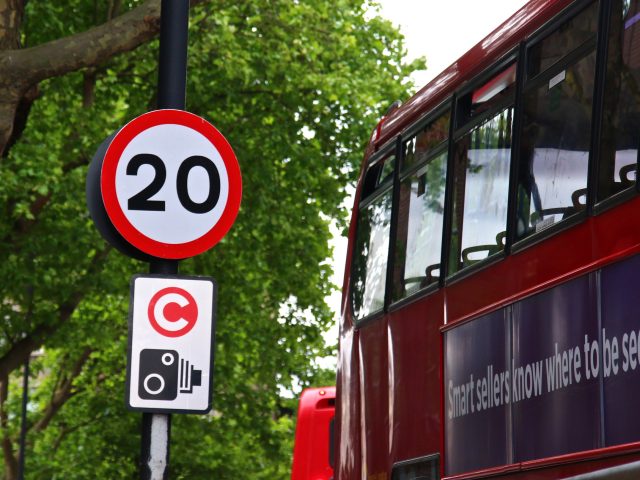Improving road death data collection in the EU
A new report from ETSC looks at the state of the art of road death data collection across the EU. The authors include recommendations for improving the accuracy and scope of the data in order to better target road safety policy measures in the coming years.
The report says Member States that use a single source of data, usually police records, should consider cross-checking with other sources such as hospital data and coroners’ records. Research in countries that do use more than one source, reveals that single sources tend to be incomplete. Even deaths go unrecorded by police in countries that checked this with other sources, for example, in cases where police were not called to the scene of a collision. Death and injury in collisions that do not involve motor vehicles can also be missed in national statistical data in some countries due, for example, to the fact that hospital and police records are not cross-checked routinely.
The report also highlights concerns over the lack of good data on some causes of collision including distracted driving and drug use. While drink-driving as a cause of death is reasonably well accounted for in many, but not all, EU countries, the report recommends testing all those involved in a collision for alcohol use, as well as gathering drug use and mobile phone data, in order to better understand the scale of these causes of collisions. While investigators may take account of these causes, incomplete or non-existent reporting in national statistical databases hampers policymakers from better understanding of the scale of the problem.
The European Commission proposed in May 2018 for all new cars to be fitted with Event Data Recorders. ETSC strongly supports this initiative. Such devices could provide useful information on the causes of collisions directly from the vehicle, such as speed, what safety features were fitted to the vehicle and which were in use.







